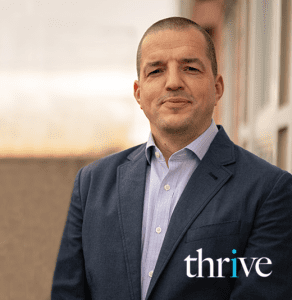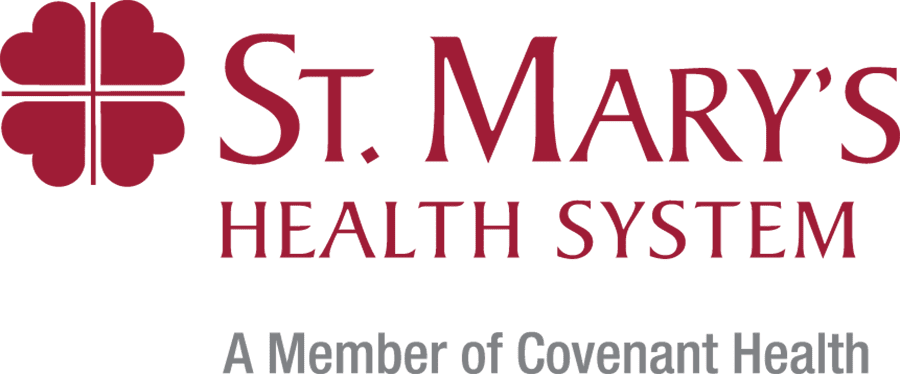Ask the Doctor
William Nash, M.D., a fellowship-trained orthopedic surgeon answers questions about selecting a foot and ankle specialist, injuries and surgery
 What drew you to specialize in orthopedics?
What drew you to specialize in orthopedics?
When I was studying for my undergraduate biomedical degree, I observed a hip replacement surgery. It can be a challenging surgery and seeing it being done blew my mind. I intuitively knew I wanted to work in orthopedics and become a surgeon.
Why did you choose to specialize in foot and ankle care?
During my residency in orthopedics, I worked in several different clinics. I found that specializing in the foot and ankle presented opportunities to work on a wide range of issues including deformities, sport injuries, arthritis and more. I enjoy working with diverse patients with various challenges.
What are some of the most common foot and ankle issues?
In my practice I work with patients who:
- Have flat feet, which can be painful. Surgery is usually a last resort, but I can help with symptoms and usually prevent deterioration
- Experience foot and ankle pain due to an injury including broken bones or sprains
- Require an ankle replacement due to significant injury or painful arthritis
Unfortunately, many people live with foot and ankle pain. They grin, bear it and hope for the best. Foot and ankle pain should never be ignored. It is an indicator of an issue that should be addressed and resolved. For example, I sometimes see patients who could have benefited from an ankle replacement, but by the time they sought treatment, it wasn’t an option.
If a patient is looking for an orthopedic specialist, what should they consider?
A patient should consider a few things when looking for a doctor, most importantly:
- Keep in mind that an orthopedic surgeon also treats patients that don’t require surgery. I find patients are sometimes reluctant about seeing a surgeon about a foot or ankle issue – don’t be. The majority of patients I treat don’t need surgery.
- Find a provider who speaks to you in plain language you can easily understand. A diagnosis as well as the treatment plan and recovery process should be reviewed and discussed in detail.
- Select a doctor who listens to you and explains the benefits and risks of any treatment or surgery and answers any questions you have.
- Build a relationship with a specialist who inspires you to fully commit to recovery – wearing your brace, completing your exercises – and getting you back to being your best self.
What are your recommendations to help active patients stay well?
There are simple ways patients can remain injury free and active. I encourage my patients to:
- Wear quality and appropriate footwear for whatever activity they’re doing. For example, in Maine we have all sorts of varied and beautiful terrain – and different footwear that is appropriate for that terrain.
- Replace footwear regularly as trends do wear out.
- Carefully monitor any changes in their feet if they are diabetic.
Dr. Nash completed a fellowship with the well-respected Dr. Pomeroy, who retired from practice in 2021. To learn more about Dr. Nash, please click here. To learn more about St. Mary’s Orthopedics – Auburn, click here.

